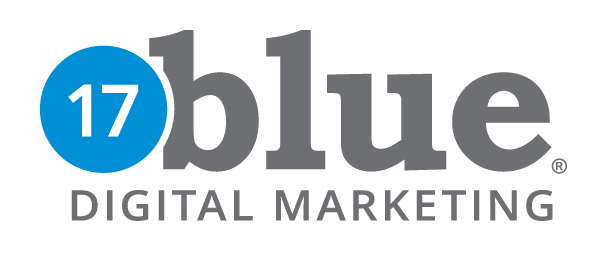Keywords are an important, but often misunderstood component of search engine optimization (SEO). While proper keyword usage improves your results, an overzealous approach can lead to SEO penalties. Keywords have always been important to search, but as SEO has evolved, more and more emphasis has been placed on the relevant use of keywords over sheer frequency.
In real estate, it’s all about “Location! Location! Location!” It’s true for keywords too. Today’s SEO involves many variables and strategies. Placement of your keyword phrase impacts its weight and importance more than you might realize. Here are some important keyword placement tips for the prime real estate locations on your site & blog pages.
Keywords in Page Titles
Displayed in the browser tab and in search results, page titles have a direct impact on rankings and click through rates. They should be kept fairly short – no more than about 65 characters – and should include relevant keywords or phrases toward the beginning, rather than at the end. Using descriptive keywords helps searchers recognize that your page is relevant to their query. It’s also important when people link to you since many external websites will use the title tag of a page as its link anchor text. Each page should have its own unique title tag specific to the content of the page.
Keywords in Headings
Search engines expect headings to provide insight into the page’s main topics – they are for cataloging, not just cosmetics. Headings should use words that are unique, targeted to the page and not duplicated excessively on the site. For prominence, place your keyword phrase near the beginning of the heading. Keep your heading clear, concise, and captivating. Relevant keywords in your headings are helpful to users, since they provide a clear idea of what each section of page content is about.
Keywords in Page Text
While it’s important to include keywords in multiple locations throughout your site, you should avoid overuse in the body of each page. Keyword stuffing negatively impacts readability, and if keywords are used too frequently, their use can appear manipulative and result in your site being demoted in the search listings.
Also remember if search engine bots can’t see your text, they can’t index it for visitors. Text embedded in Flash or JavaScript, words visible on an image, or only accessible on a submission form can’t be read by search engines. Make sure your important information is available!
Keywords in Image Descriptions
Including keywords naturally in your image titles and alt text helps people who are visually impaired experience your site better. It also helps Google find your content in image searches, which can generate additional traffic. When naming image files, create descriptive, keyword-rich file names. If you were Google, which would you find easier to comprehend: Image01.jpg or Wedding-Dress-Trends-2015.jpg? Alt tags should contain a brief description of your image in plain English, including important keywords or phrases if appropriate. Be as specific as possible.
Key for Humans
While it’s important to have a site that appeals to search engines, you never want to do so at the expense of your human readers. Craft your content around the interests of your audience, and focus on grabbing their attention. Appeal to a real need, provide unique information, or offer content that has entertainment value. Give readers valuable tips or instructions, make a provocative statement, or ask a thought-provoking question. Content that’s interesting to read and fun to share keeps your visitors entertained and coming back for more.
It can sometimes feel as though you have to choose between writing for humans and appealing to search engines, but you don’t. Google’s mission is to provide HUMANS with great search experiences. Their algorithms are designed to improve relevancy and provide quality content. If you provide valuable content and utilize relevant keywords, you can build a website that both your visitors and the search engines will love.





